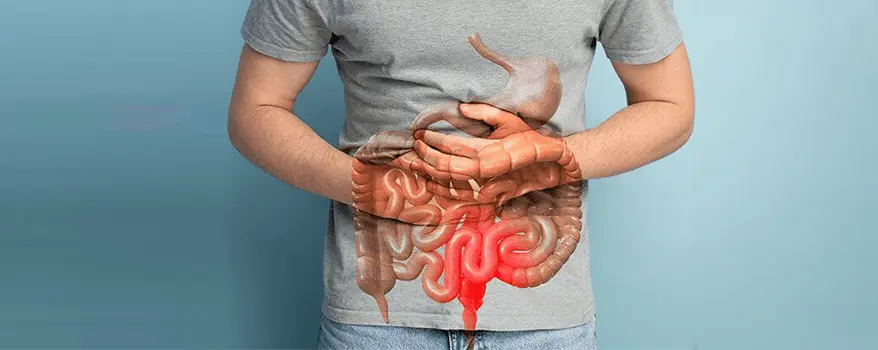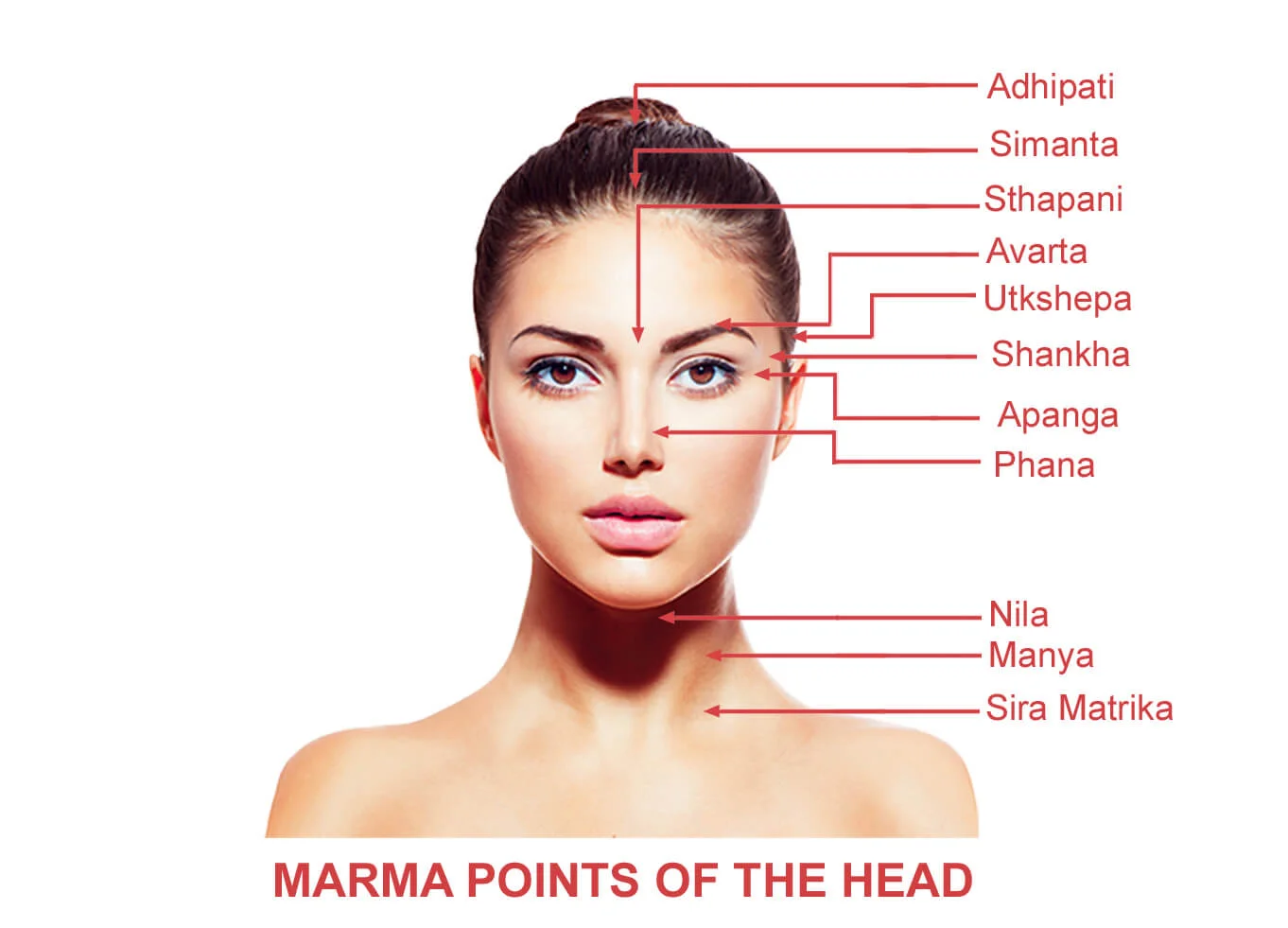Constipation:The Silent Culprit Behind Headaches and Brain Fog? How a blocked gut builds inner pressure and triggers diseases in the head(Jatru Urdhva Gata Rogas)and Ayurveda reveals about true relief
- Dr Rakesh VG
- Jul 24, 2025
- 4 min read
By Dr Rakesh Ayureshmi, Ayureshmi Ayurveda Wellness Centre, Kollam, Kerala, India
Why Your Gut May Be Causing Your Head to Hurt
Have you ever reached for painkillers for a headache, never suspecting your bowels were to blame? Constipation is more than an inconvenience—it creates internal pressure that disrupts the body’s energy flow, particularly in the upper body, leading to headaches, heaviness in the eyes, dizziness, and even anxiety. Ayurveda calls this group of symptoms Jatru Urdhwagata Rogas—diseases manifesting above the clavicle—and identifies constipation as a root trigger.
In an era of sedentary lifestyles and poor dietary choices, understanding this link could transform how we treat chronic pain and reclaim holistic wellness.
Constipation: A Modern Epidemic with Ancient Roots
While commonly dismissed as minor, chronic constipation affects over 20% of the global population, according to the World Gastroenterology Organisation (2016). But Ayurveda saw this pattern centuries ago. The ancient texts describe the malavaha srotas (channels of waste elimination) and the disruption caused by vitiated Apana Vata, the energy responsible for downward movement. When Apana is obstructed, it pushes Udana Vata (which governs the head, speech, and memory) out of balance—leading to symptoms in the Jatru Urdhwa Bhaga (above the shoulders).
This upward displacement of pressure is akin to a pressure cooker with a jammed valve. When elimination is stalled, internal pressure builds, and like steam needing an outlet, it seeks the path of least resistance—often manifesting in the head.
From Gut to Brain: The Vata Connection
In Ayurveda, Vata dosha governs all movement—physical, neurological, and even emotional. The colon is Vata’s primary seat. When constipated, Vata accumulates and moves upward, disturbing Prana (life energy) and Udana Vata. This derangement explains why chronic constipation often leads to:
Headaches (Shira Shoola)
Sinus congestion (Peenasa)
Heaviness in eyes and ears (Netra Gauravam, Karnashula)
Dizziness (Bhrama)
Mental fog and depression (Manovaha Srotodushti)
Modern studies support the gut-brain axis. A 2017 article in Nature Reviews Gastroenterology & Hepatology highlighted how gastrointestinal dysfunction directly impacts brain function and mood. Further, the enteric nervous system (the “second brain”) contains over 500 million neurons—showing that gut disturbances are neurologically significant.
Srotorodha: Internal Blockage and Upward Pressure
The Ayurvedic term Srotorodha refers to the blockage of bodily channels. In the case of constipation, the Purishavaha Srotas (fecal elimination channels) get blocked. This is not merely physical but also energetic. The pressure then reverses normal flow and vitiates the Urdhwagata srotas—those flowing upwards to the head and neck.
This can be metaphorically compared to a dam holding back water: the buildup eventually spills over, eroding structures not designed to handle such force—namely, the delicate senses and mental faculties above the neck.
Marma Science: Releasing Blocked Pathways
In Marma Chikitsa, specific points like Apanga, Shankha, Sthapani, and Adhipati are used to relieve the pressure caused by head symptoms. But effective treatment must begin at the root—the Guda Marma (anus) and Vasti Marma (bladder). Stimulating and treating these can balance Apana Vata and allow the normal downward movement to resume.
Also, spinal alignments through Ayurvedic chiropractic adjustments further help in restoring the Pranic flow along the Sushumna Nadi, reducing both head symptoms and digestive stasis.
Treatment Protocol:
1. Sneha and Swedana (Oleation and Fomentation): Prepare the body by softening the stools and opening the channels.
2. Vasti (Medicated Enema): The king of all treatments for Vata imbalance, particularly Anuvasana Vasti (oil-based) followed by Niruha Vasti (decoction-based).
Research in Journal of Ayurveda and Integrative Medicine (2020) confirmed Vasti’s systemic effects on both bowels and brain.
3. Herbs for Gut-Brain Harmony:
Gentle laxative and antioxidant
Stronger purgative when needed
Cognitive support post-detox
4. Dietary Correction:
Add fiber-rich foods, ghee, and warm water
Avoid dry, cold, processed, and fermented foods
5. Mind-Body Practices:
Abhyanga (oil massage) to reduce Vata
Yoga asanas like Pawanmuktasana, Trikonasana, and Ardha Matsyendrasana stimulate bowel movement and cerebral circulation.
Meditation and Pranayama to calm Udana and Prana Vata
Case Example
A 38-year-old school teacher with chronic migraines and constipation found relief not through painkillers but through a tailored Ayurveda program within four weeks, her headaches subsided, her bowel movements normalized, and her clarity of mind improved dramatically.
Such stories reaffirm that the root lies below the neck—and treating only the head is like mopping the floor while the tap still runs.
Conclusion: Heal the Gut, Free the Head
In Ayurveda, every symptom is a signal, not an isolated event. Headaches, sinus pressure, and dizziness are often cries from the colon. When we understand constipation not just as a digestive issue, but as a whole-body dysfunction, our approach transforms from symptomatic relief to deep, lasting healing.
The ancient seers emphasized Vata Nirharana (elimination of disturbed Vata) as a key to health and longevity. Today, as chronic stress, poor diets, and toxic lifestyles take a toll, the time has come to realign with this wisdom.
So next time your head hurts, don’t just look upward—start by looking within.
HEADACHES START IN THE GUT?
If you're treating migraines with painkillers but ignoring your bowels, you're missing the root cause. Learn how constipation builds internal pressure and causes Jatru Urdhwagata Rogas—Ayurveda has the answers modern medicine often misses.
Read this before your next pill.







Comments